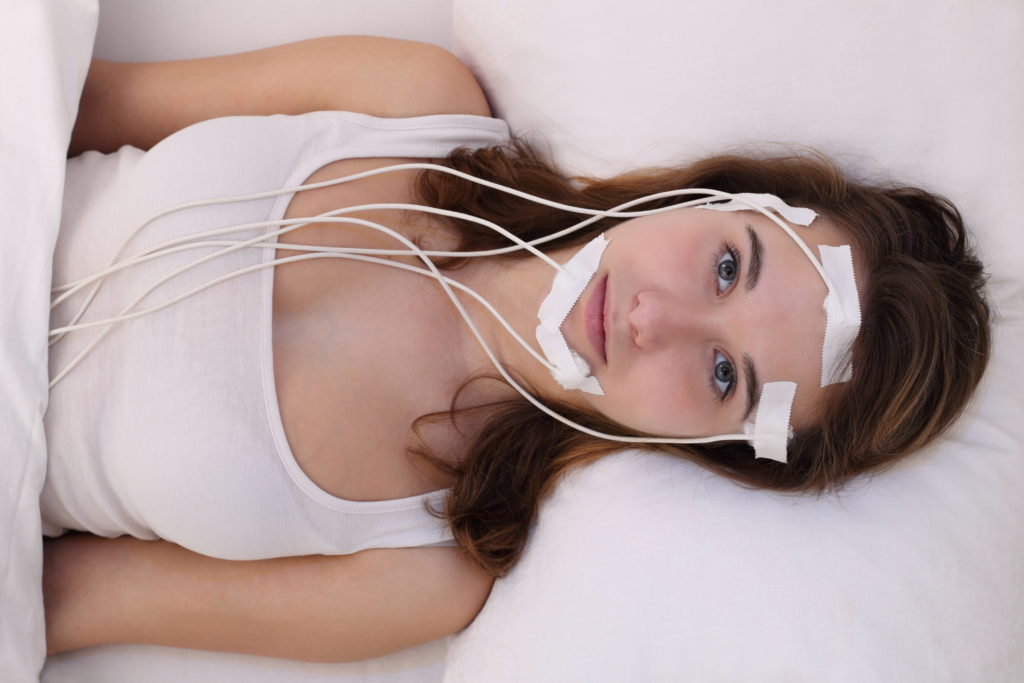Quick Hits
Daily brief research updates from the cognitive sciences

I have written numerous posts and articles on sleep and the brain (review here), and the evidence is crystal clear. Good and consistent sleep is essential to all aspects of physical and mental health.
So, this latest piece of research may come as a surprise and feels a bit strange. Specifically, researchers around Celia Kjaerby at the University of Copenhagen found that we may awaken up to 100 times per night. And counter-intuitively this may even be a sign of good night’s sleep. How that?
What these researchers found is that the refreshing part of sleep, deep sleep, is driven by waves of noradrenaline. Yes, a chemical that is normally a stimulant and highly active in arousal states. These waves wash over the brain in short bursts and awaken the brain – however we do not normally notice this because these are small bursts and do not trigger conscious awakening – but according to brain activity the brain is awake.
The researchers see this as an important aspect of sleep which helps to reset the cellular processes and the brain and helps to consolidate memory. In fact, this is precisely what the researchers found.
This research was in mice, common in neuroscience research, and they had implanted small electrodes in the brain to monitor the sleep patterns. That’s how they were able to detects these noradrenaline waves. When they actively stimulated these waves during sleep, memory improved.
This therefore shows that this process seems to be important for enabling memory consolidation. Moreover, this seems to be related to the amplitude of noradrenaline waves i.e. those with higher bursts but lower lows also showed improved memory function.
This research could also be very important information because, for example, some forms of anti-depressant increase noradrenaline but this may inhibit these waves by elevating levels and this could then stimulate memory deficits or less restful sleep.
So, we know getting a good night’s sleep is essential to health but this shows that it is more nuanced than we thought and that noradrenaline is also important for good sleep and good memory…all while waking you up.

Andy Habermacher
Andy is author of leading brains Review, Neuroleadership, and multiple other books. He has been intensively involved in writing and research into neuroleadership and is considered one of Europe’s leading experts. He is also a well-known public speaker, speaking on the brain and human behaviour.
Andy is also a masters athlete (middle distance running) and competes regularly at international competitions (and holds a few national records in his age category).
Reference
Celia Kjaerby, Mie Andersen, Natalie Hauglund, Verena Untiet, Camilla Dall, Björn Sigurdsson, Fengfei Ding, Jiesi Feng, Yulong Li, Pia Weikop, Hajime Hirase, Maiken Nedergaard.
Memory-enhancing properties of sleep depend on the oscillatory amplitude of norepinephrine.
Nature Neuroscience, 2022
DOI: 10.1038/s41593-022-01102-9
More Quick Hits
Behaviour at eight helps predict midlife health behaviours
A long-term study in Finland has tracked children from the age of eight until the age of 50 and a new analysis of the data, just published, has looked at some of the correlations between socioemotional behaviour in childhood and later life achievement and health...
Psychedelics and consciousness
Psychedelics change our conscious experience of the world – that is part of their attraction. Now a new study out of John Hopkins Medicine has analysed data on attributions of consciousness to other animals and innate objects by those using psychedelics and how this...
Lower smartphone usage increases wellbeing
So much has been said about smartphone usage in modern times. This ranges from some who say that they are destroying our brain to others who see they benefit our cognition by outsourcing cognitive heavy tasks like remembering lists of phone numbers – thereby freeing...
Modesty preferred for cooperative teams
In an age where it appears that many people are vying for self-esteem especially through social media, this research is interesting. Particularly in business contexts where cooperation is king. Research has previously shown that appearing to be wealthy increases...
Poverty shrinks babies’ brains
Quick HitsDaily brief research updates from the cognitive sciences couple of studies have just been released which look at the brains of newborns and young babies. The results are worrying for any society. Brain scans of newborn babies from...
Babies born with five from seven functional brain networks
In the 1950s the blank slate theory was the most prominent theory ascribed to babies. They are born blank slates and then their experiences allow them to develop their networks thoughts, associations, etc., and just about everything else. Though this theory is long...






